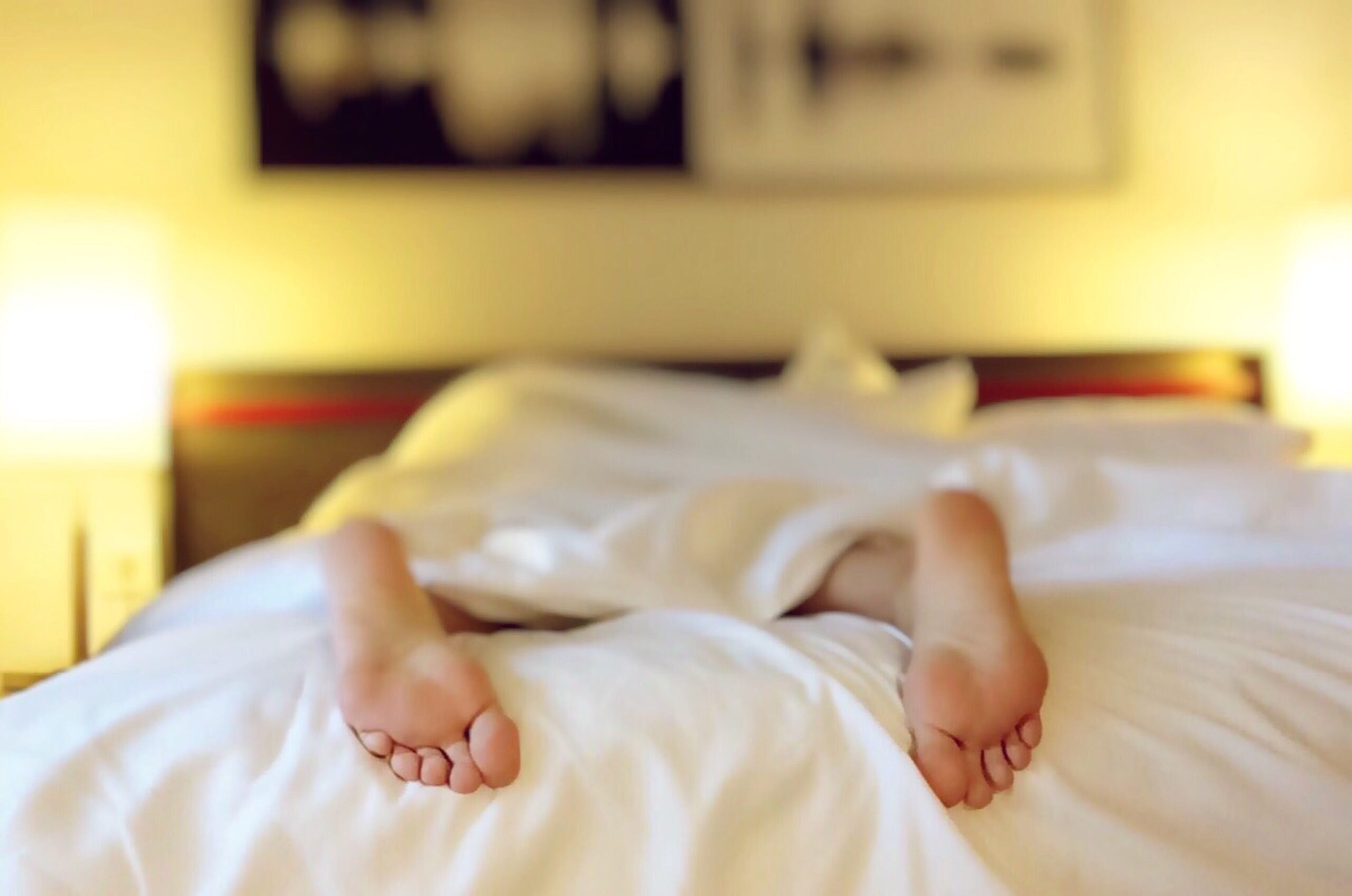With screens in practically every part of our life in today’s digitally-dominated society, the incidence of sleeplessness has become a major public health concern. The introduction of televisions, laptops, tablets, and smartphones has completely changed how we work, play, and communicate. On the other hand, prolonged screen use, especially in the hours before bed, has been connected to disturbed sleep cycles and a harder time falling asleep.
Screen Time’s Effect on Sleep:
Our internal body clock, the circadian rhythm, which controls our sleep-wake cycle, is extremely sensitive to light exposure. Specifically, the hormone that induces sleep, melatonin, can be suppressed by exposure to blue light, which is released by electronic devices like computers, tablets, and smartphones. The natural sleep-wake cycle may be disturbed, which may make it difficult to fall asleep and cause fragmented, shallow sleep that lasts the entire night. This article examines the connection between screen time and insomnia in addition to offering doable methods for cutting screen time to encourage improved sleep hygiene.
Furthermore, the stuff we watch on screens has an effect on how well we sleep. Playing video games, watching exciting movies, or browsing through social media feeds are examples of emotionally charged or stimulating activities that can engage the brain and make it harder to de-stress and relax before bed. Furthermore, because digital gadgets are always available, it can be difficult to distinguish between work and play, which increases stress and anxiety—two factors that are known to cause sleep problems.
Strategies for Reducing Screen Time:
It’s critical to implement techniques to reduce screen exposure, particularly in the hours before bed, given the negative consequences of excessive screen time on sleep quality. The following useful advice will help cut down on screen time and encourage improved sleep hygiene:
Create a Digital Curfew:
Assign a certain time each night to switch off electronic devices and partake in calming pursuits that encourage rest, including reading a book, having a warm bath, or meditating mindfully. To help your brain relax and get ready for sleep, try to turn off devices at least an hour before going to bed.
Establish a Screen-Free Bedroom:
To reduce distractions and establish a sleep-friendly atmosphere, declare the bedroom a technology-free zone. Get an alarm clock or make advantage of your phone’s “Do Not Disturb” function to reduce interruptions during the night. Take electronics like TVs, PCs, and cellphones out of the bedroom.
Practice Mindful Screen Use:
Try to minimize non-essential screen time, such as mindless social media scrolling or binge-watching TV series, and be deliberate about how you use screens throughout the day. Instead, save the usage of screens for certain tasks like work, communication, or leisure pursuits that encourage wellbeing and relaxation.
Employ Blue Light Filters:
A lot of electronic gadgets have settings for blue light filters that help cut down on the quantity of blue light that is released by the screen, particularly at night. To reduce the effect of blue light on the generation of melatonin, turn on these filters or utilize apps designed specifically to change the color temperature of your device’s screen.
Prioritize Sleep Hygiene:
To improve the quality of your sleep, give other components of sleep hygiene top priority in addition to cutting back on screen time. This entails establishing a relaxing sleep environment, practicing relaxation techniques prior to bedtime, and adhering to a regular sleep schedule.
The Value of Equilibrium
Reducing screen time is crucial for encouraging improved sleep hygiene, but it’s also critical to find a balance and acknowledge the advantages of technology when used carefully. It is possible to lessen the symptoms of insomnia and get more restorative sleep in the digital age by taking a more deliberate approach to screen time and implementing healthy sleep practices into your daily routine.
In summary
Concentrate on striking a healthy balance that lets you take advantage of technology’s advantages while reducing its detrimental effects on your sleep. Recognize your screen usage patterns and give priority to pursuits that enhance general wellbeing and sound sleep. As a result of the widespread use of electronic gadgets for communication, work, and pleasure, most individuals find it neither desirable nor feasible to totally give up screen time.




